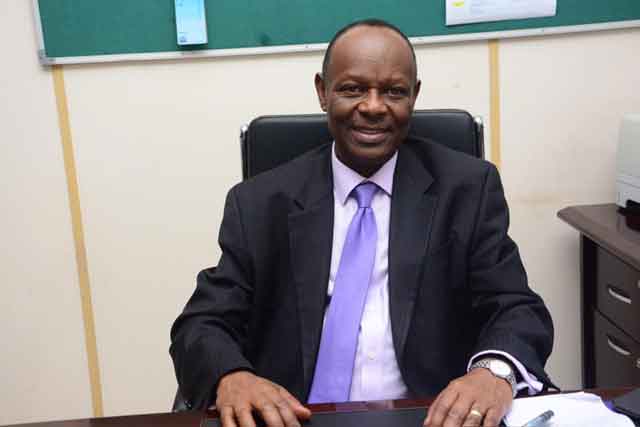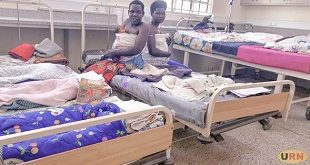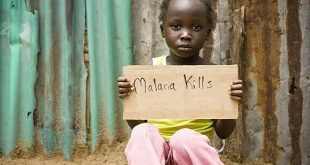
Kampala, Uganda | THE INDEPENDENT | The Ministry of Health has cautioned the public against the use of Rapid Diagnostic Tests (RDT) in testing for the Ebola virus. The ministry says that the practice is illegal and puts health workers at risk of infection.
Dr Henry Mwebesa, the Director General of Health Services said they received an alert that several private health facilities are testing people using RDTs, yet these are not authorized for confirmation of the viral hemorrhagic fever.
Mwebesa says that currently, all Ebola testing is done exclusively by the government through the Uganda Virus Research Institute and the Central Public Health Laboratory in Butabika at no cost. At the moment, the facilities are supplemented by a mobile laboratory which is stationed at Mubende Regional Referral Hospital, the epicentre of the latest Ebola outbreak.
“The restriction on testing and management of Ebola cases is due to the requirement of specialized safety equipment and containment measures, that are not available in the private health facilities. This also requires well-trained experts with appropriate protective gear”, the statement reads in part.
PRESS RELEASE: The @MinofHealthUG would like to inform the general public that PCR is the ONLY authorized testing method for #Ebola.
.@WHO has NOT approved the use of RDTs for Ebola. #EbolaOutbreakUG pic.twitter.com/jRh2fztEZ9
— Ministry of Health- Uganda (@MinofHealthUG) November 7, 2022
However, Grace Kiwanuka, the Executive Director of the Uganda Healthcare Federation (UHF), the umbrella body for private health providers, said they have been urging members to follow the guidelines set by the government to handle the Ebola response.
“With any outbreak, you will have opportunists and it is unfortunate that it is the most vulnerable that will fall foul to these unscrupulous people. There is a lot of uncertainty and the internet is a source of both correct and incorrect information”, she said, adding that these RDTs are being heavily marketed luring unsuspecting providers.
As part of the efforts to ensure that government and private providers follow the same guidelines, Kiwanuka says they have been conducting training with health workers and the recent one with laboratory practitioners showed that none of the private providers has the capacity to do these tests.
“There is no private laboratory with the level required to test for Ebola. The fact is if we allow for RDT and samples to be taken off, we will see a rise in infections in health professionals and an increase in community infections, the numbers will go out of hand”.
By Monday, 51 people had succumbed to the disease in an outbreak that was confirmed on September 20. A total of 132 people have been infected whereby 61 have since recovered.
*****
URN
 The Independent Uganda: You get the Truth we Pay the Price
The Independent Uganda: You get the Truth we Pay the Price



